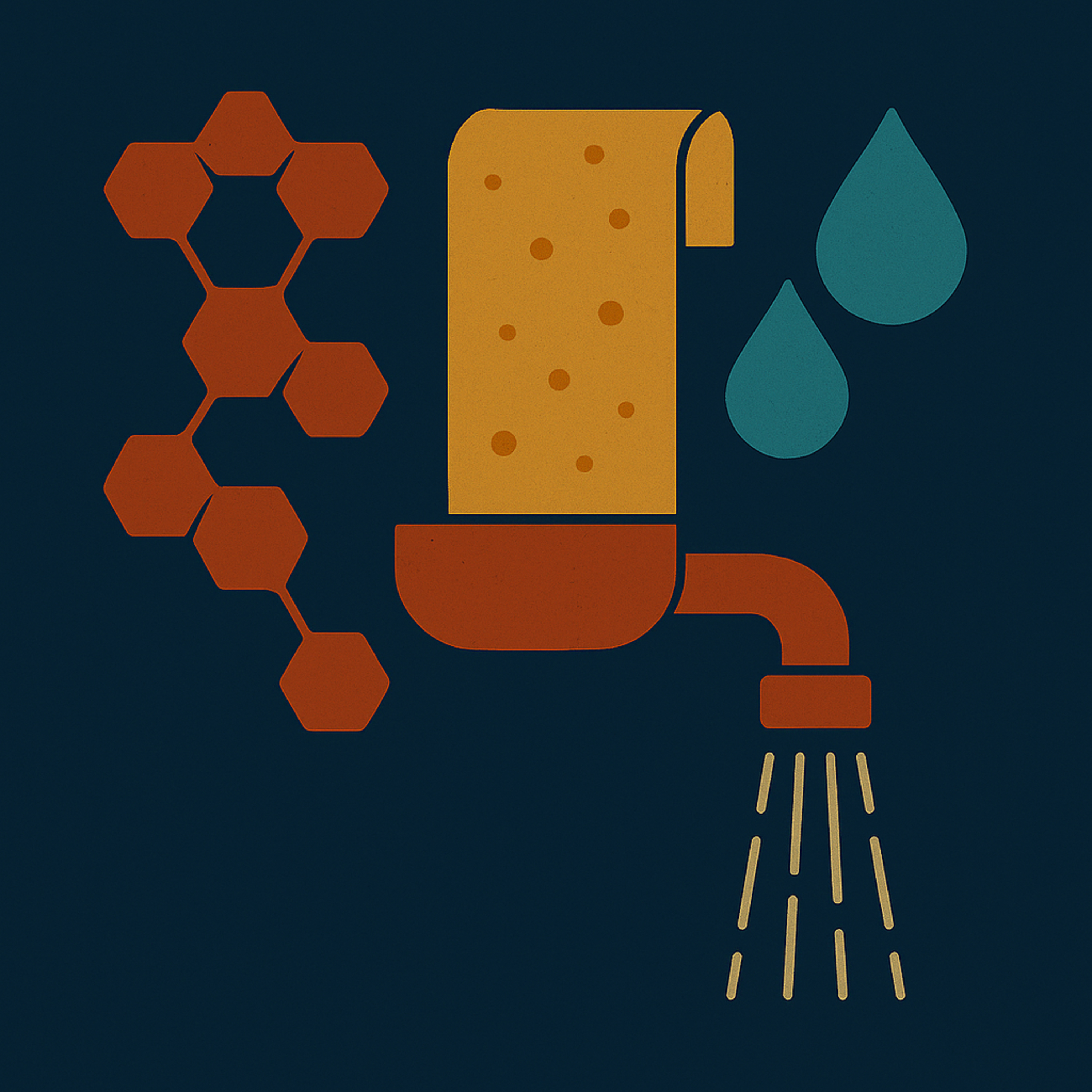Breakthrough Broadcast
Podcast Description
Breakthrough Broadcast is a student-led podcast exploring real-world problems through the lens of cutting-edge STEM. Each episode dives into a challenge like climate change, food insecurity, or infrastructure decay, and breaks down an innovative, science-based solution in a way anyone can understand. Hosted by a curious high schooler with a passion for physics and engineering, this show makes complex ideas accessible, actionable, and exciting.
Podcast Insights
Content Themes
The podcast focuses on real-world challenges examined through STEM perspectives, with episodes covering innovative themes such as climate change solutions, advancements in medical technology like virtual cadavers, and the potential of quorum-sensing inhibitors as medical breakthroughs, all designed to enlighten and inspire listeners.

Breakthrough Broadcast is a student-led podcast exploring real-world problems through the lens of cutting-edge STEM. Each episode dives into a challenge like climate change, food insecurity, or infrastructure decay, and breaks down an innovative, science-based solution in a way anyone can understand. Hosted by a curious high schooler with a passion for physics and engineering, this show makes complex ideas accessible, actionable, and exciting.
In this episode, Drew explores the cutting edge of graphene based water filtration and the five innovations that could push it toward real world impact. He breaks down how each idea works, why it matters, and how these advances might bring clean water to communities that need it most.

Disclaimer
This podcast’s information is provided for general reference and was obtained from publicly accessible sources. The Podcast Collaborative neither produces nor verifies the content, accuracy, or suitability of this podcast. Views and opinions belong solely to the podcast creators and guests.
For a complete disclaimer, please see our Full Disclaimer on the archive page. The Podcast Collaborative bears no responsibility for the podcast’s themes, language, or overall content. Listener discretion is advised. Read our Terms of Use and Privacy Policy for more details.